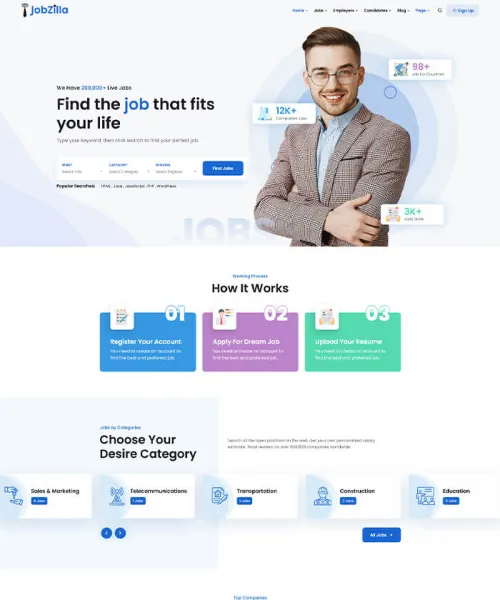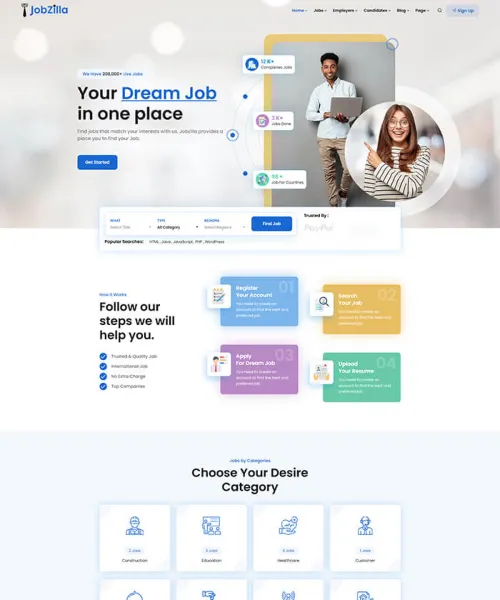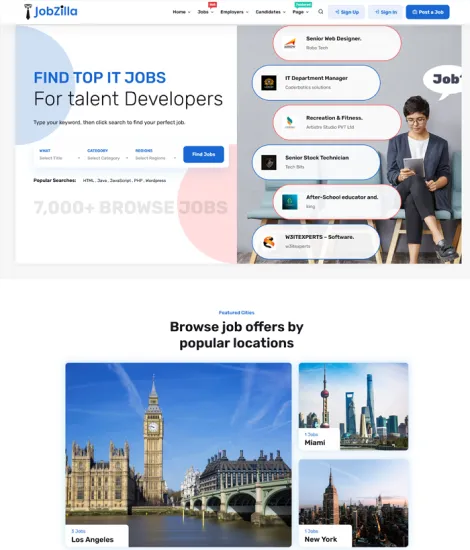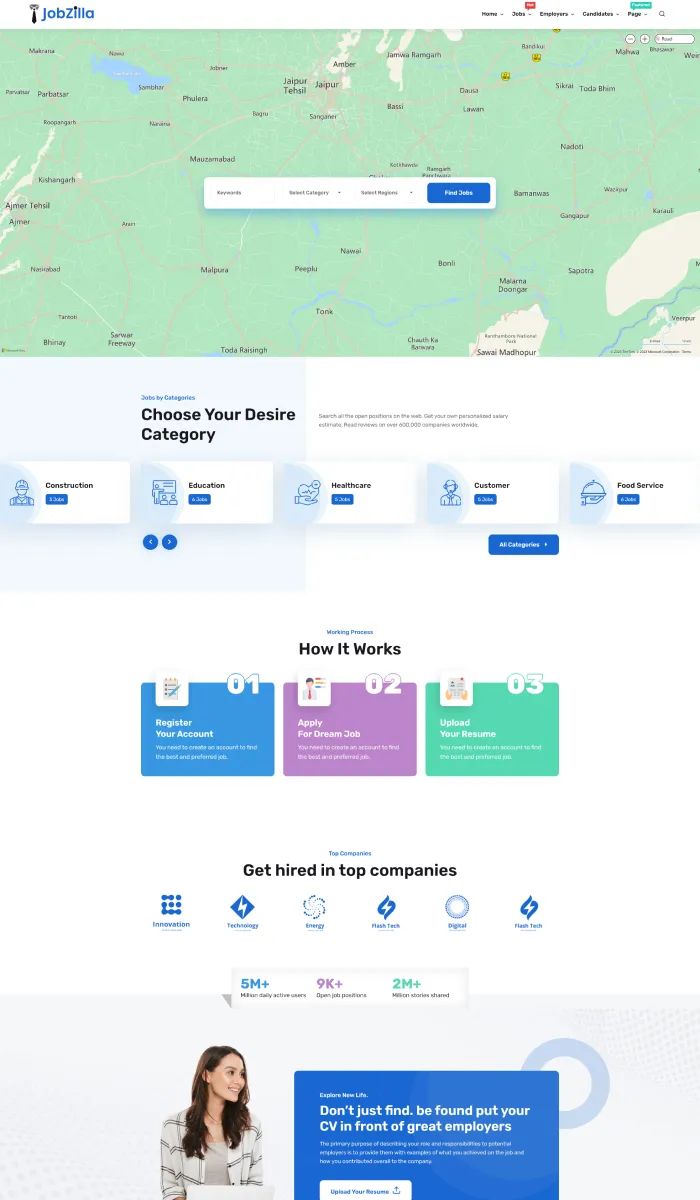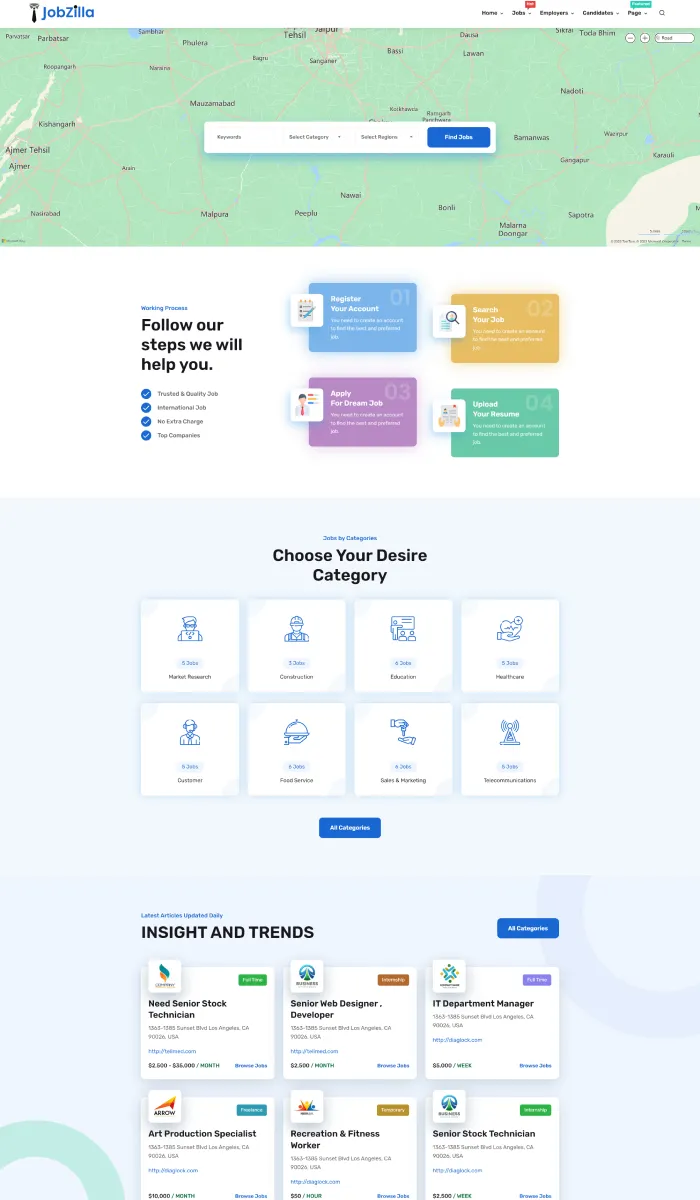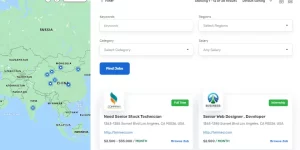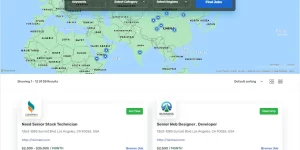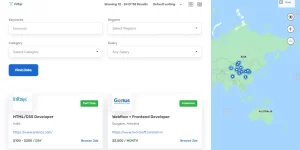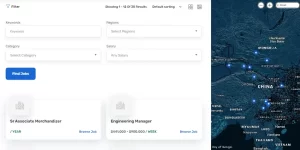A Nation in Flux Comprehensive Coverage of breaking news in nigeria today 247 and the Pursuit of Sus
- A Nation in Flux: Comprehensive Coverage of breaking news in nigeria today 24/7 and the Pursuit of Sustainable Progress.
- Political Developments and Governance
- Electoral Reform and its Implications
- Security Challenges and Efforts to Maintain Peace
- Economic Diversification and Growth
- The Role of the Private Sector
- Infrastructure Development and Investment
- Social Issues and Development
- Healthcare Access and Quality
- Education and Skills Development
A Nation in Flux: Comprehensive Coverage of breaking news in nigeria today 24/7 and the Pursuit of Sustainable Progress.
The landscape of Nigeria is perpetually shifting, and staying informed about breaking news in nigeria today 24/7 is crucial for citizens, businesses, and the international community alike. Recent developments across the nation span political shifts, economic adjustments, and significant social changes, creating a complex and dynamic environment. Understanding these ongoing events is paramount to grasping the challenges and opportunities facing this vibrant country, and a commitment to accurate, timely reporting is more important than ever.
This comprehensive overview delves into the key facets of the current situation in Nigeria, examining the prevailing trends and offering insights into the underlying factors driving these changes. From electoral reforms and security concerns to economic diversification and infrastructural development, we aim to provide a nuanced understanding of a nation navigating a period of significant transition.
Political Developments and Governance
Nigeria’s political sphere remains a focal point of attention, with ongoing debates surrounding electoral reforms and the strengthening of democratic institutions. Recent legislative actions and judicial decisions are shaping the future of governance, aiming to promote transparency and accountability. The country is actively working to consolidate its democratic processes and ensure greater participation from all segments of society. This extends to crucial discussions about restructuring and regional autonomy, aiming to better address the diverse needs of its populace.
| All Progressives Congress (APC) | Economic Diversification, Security Enhancement | Dominant at Federal Level |
| People’s Democratic Party (PDP) | Restructuring, Improved Governance | Significant Opposition Force |
| Labour Party | Social Justice, Workers’ Rights | Growing National Presence |
Electoral Reform and its Implications
The push for electoral reform is a central theme in Nigeria’s political discourse. The current administration, alongside civil society organizations, is actively exploring changes to the electoral process. These reforms aim to reduce electoral malpractices, improve voter registration systems, and enhance the overall integrity of elections. The implementation of electronic voting systems is a hotly debated topic, with proponents arguing it will significantly reduce fraud. However, challenges remain regarding infrastructure, digital literacy, and ensuring accessibility for all citizens, particularly in rural areas. A detailed study of similar systems implemented in other African nations revealed mixed results, prompting a cautious approach in Nigeria.
The success of these reforms is critical for building confidence in the democratic process and ensuring that future elections accurately reflect the will of the people. Ongoing discussions center around the role of technology in voter verification, ballot security, and the overall transparency of election results. Furthermore, strengthening the independence of the Independent National Electoral Commission (INEC) remains a priority, as it serves as the cornerstone of a fair and credible electoral system. The ability to adapt to evolving technological landscapes and address potential cybersecurity threats will be key to the successful implementation of these reforms.
Any further delays or mishandling of these reforms could have severe implications for the country’s democratic stability, potentially fueling social unrest and undermining public trust in the government. Therefore, a collaborative effort involving all stakeholders – political parties, civil society organizations, and the electoral commission – is essential to ensure that these reforms are implemented effectively and inclusively.
Security Challenges and Efforts to Maintain Peace
Nigeria continues to grapple with significant security challenges, ranging from terrorism in the northeast to banditry in the northwest and farmer-herder conflicts across the country. The activities of these groups pose a serious threat to lives and livelihoods, disrupting economic activity and exacerbating social tensions. The government has implemented various security strategies, including increased military operations, community policing initiatives, and efforts to address the root causes of conflict. However, these efforts have faced considerable obstacles, including a lack of resources, logistical challenges, and the complex nature of the conflicts themselves.
The Boko Haram insurgency remains a major concern in the northeast, despite significant gains made by the military in recent years. The group continues to carry out attacks on civilian and military targets, displacing communities and causing widespread suffering. The resurgence of ISWAP (Islamic State West Africa Province) further complicates the security landscape. Addressing terrorism in the region requires a multifaceted approach including military action, economic development initiatives, and efforts to counter extremist ideologies. International cooperation is also crucial, as it provides access to intelligence sharing, training, and logistical support.
Addressing the root causes of these conflicts, such as poverty, unemployment, and limited access to education and opportunities, is equally important. Investing in socio-economic development programs can help to create a more inclusive and equitable society, reducing the appeal of extremist groups and fostering greater social cohesion. Furthermore, strengthening community-based conflict resolution mechanisms can help to prevent and mitigate conflicts before they escalate.
Economic Diversification and Growth
Nigeria’s economy remains heavily reliant on oil, making it vulnerable to fluctuations in global oil prices. The government is actively pursuing economic diversification strategies aimed at reducing this dependence and fostering growth in other sectors, such as agriculture, manufacturing, and technology. These initiatives include investments in infrastructure, incentives for businesses, and efforts to improve the business climate. The goal is to create a more resilient and sustainable economy that can generate employment opportunities and improve the living standards of all Nigerians.
- Agriculture: Increasing investment in modern farming techniques and value-added processing.
- Manufacturing: Providing incentives for local production and attracting foreign investment.
- Technology: Fostering a thriving tech ecosystem through innovation hubs and skills development programs.
- Tourism: Promoting the country’s rich cultural heritage and natural attractions.
The Role of the Private Sector
The private sector plays a critical role in Nigeria’s economic development. Small and Medium-sized Enterprises (SMEs) are the engine of growth, generating employment and driving innovation. However, SMEs face numerous challenges, including limited access to finance, inadequate infrastructure, and a complex regulatory environment. The government is working to address these challenges through various initiatives, such as providing access to credit, simplifying business registration procedures, and improving infrastructure. Attracting foreign direct investment is also a priority, as it brings much-needed capital, technology, and expertise. Creating a more conducive business environment can unlock Nigeria’s economic potential and transform it into a regional economic hub.
The implementation of policies that promote transparency, accountability, and good governance is crucial for attracting both domestic and foreign investment. Reducing corruption and improving the rule of law are key priorities. The government is also working to strengthen intellectual property rights protection and ensure a level playing field for all businesses, regardless of their size or origin. Empowering local entrepreneurs and providing them with the resources they need to succeed will be essential for driving sustainable economic growth.
Investing in human capital development is equally important. Equipping the workforce with the skills and knowledge needed to compete in the global economy is essential for attracting investment and creating a diversified economy. Strengthening education and vocational training programs can help ensure that Nigerians are prepared for the jobs of the future.
Infrastructure Development and Investment
Improving infrastructure is essential for Nigeria’s economic development. The country faces significant infrastructure deficits in areas such as power, transportation, and communications. Addressing these deficits requires substantial investment from both the public and private sectors. The government is actively seeking partnerships with international investors to finance infrastructure projects. The ongoing rail modernization project, the construction of new roads and bridges, and the expansion of port capacity are all aimed at improving connectivity and facilitating trade. Reliable and affordable power supply is particularly crucial, as it underpins economic growth across all sectors.
However, infrastructure projects often face challenges such as bureaucratic delays, funding constraints, and land acquisition issues. Streamlining project approvals, securing adequate funding, and resolving land disputes are critical for accelerating infrastructure development. Promoting Public-Private Partnerships (PPPs) can help to unlock private sector expertise and capital, allowing for more efficient and sustainable infrastructure development. Investing in renewable energy sources can also help to diversify the energy mix and reduce reliance on fossil fuels.
Furthermore, integrating infrastructure development with regional trade corridors can enhance connectivity and facilitate greater economic integration with neighboring countries. The African Continental Free Trade Area (AfCFTA) presents significant opportunities for Nigeria to expand its trade and economic partnerships, but this requires robust infrastructure to support cross-border trade and investment.
Social Issues and Development
Nigeria faces a range of social challenges, including poverty, inequality, and limited access to healthcare and education. Addressing these challenges requires a holistic approach that prioritizes social inclusion and sustainable development. The government is implementing various social programs aimed at reducing poverty, improving healthcare outcomes, and expanding access to education. However, these efforts are hampered by funding constraints and implementation challenges.
- Poverty Reduction: Targeted cash transfer programs and interventions to support vulnerable populations.
- Healthcare Improvement: Investing in primary healthcare facilities and expanding access to health insurance.
- Education Expansion: Increasing enrollment rates and improving the quality of education.
- Social Inclusion: Empowering marginalized groups and promoting gender equality.
Healthcare Access and Quality
Access to quality healthcare remains a significant challenge in Nigeria. The healthcare system is underfunded and understaffed, particularly in rural areas. Many Nigerians lack access to basic healthcare services, and healthcare outcomes are often poor. The government is working to address these challenges through various initiatives, such as increasing healthcare funding, training more healthcare professionals, and improving healthcare infrastructure. However, significant challenges remain, including corruption, poor management, and a lack of accountability. Strengthening the healthcare system requires a sustained commitment from both the public and private sectors. Improving access to essential medicines, vaccines, and medical supplies is also crucial.
Addressing the social determinants of health, such as poverty, sanitation, and education, is equally important. Investing in public health programs and promoting healthy lifestyles can help to prevent disease and improve overall healthcare outcomes. Leveraging technology, such as mobile health applications, can also help to improve access to healthcare services. Strengthening disease surveillance systems and enhancing preparedness for health emergencies are essential for protecting the population from outbreaks.
Moreover, bolstering the healthcare workforce through training and improved working conditions can address the shortage of healthcare professionals. Collaborating with international partners to access technical expertise and funding can also help to strengthen the healthcare system. Prioritizing universal healthcare coverage, ensuring that all citizens have access to affordable and quality healthcare services, regardless of their socioeconomic status or geographic location, is a critical long-term goal.
Education and Skills Development
Investing in education and skills development is vital for Nigeria’s future. The education system faces numerous challenges, including inadequate funding, poor infrastructure, and a shortage of qualified teachers. These challenges contribute to low enrollment rates, high dropout rates, and poor learning outcomes. The government is working to address these challenges through various initiatives, such as increasing education funding, improving teacher training, and modernizing the curriculum. However, significant investment is required to overhaul the education system and ensure that all Nigerians have access to quality education.
Expanding access to vocational and technical education is crucial for equipping the workforce with the skills needed to compete in the global economy. Providing industry-relevant training programs and fostering partnerships between educational institutions and businesses can help to bridge the skills gap. Promoting STEM (Science, Technology, Engineering, and Mathematics) education is also essential for fostering innovation and driving economic growth. Addressing the issue of out-of-school children, particularly in northern Nigeria, requires targeted interventions and community engagement.
Moreover, harnessing the power of technology to enhance learning and improve access to educational resources is crucial. E-learning platforms, online courses, and digital libraries can expand access to education and cater to diverse learning needs. Strengthening collaboration with international educational institutions can also provide access to best practices and expertise. Empowering teachers with the tools and resources they need to succeed is fundamental to improving educational outcomes and creating a more skilled and competitive workforce.
Nigeria stands at a crucial juncture, navigating a complex interplay of political, economic, and social factors. Successfully addressing these challenges requires sustained commitment to good governance, diversification of the economy, investment in human capital, and a dedication to social inclusion. With proactive policies, strategic investments, and a strong sense of national unity, Nigeria can achieve sustainable progress and secure a brighter future for all its citizens.





